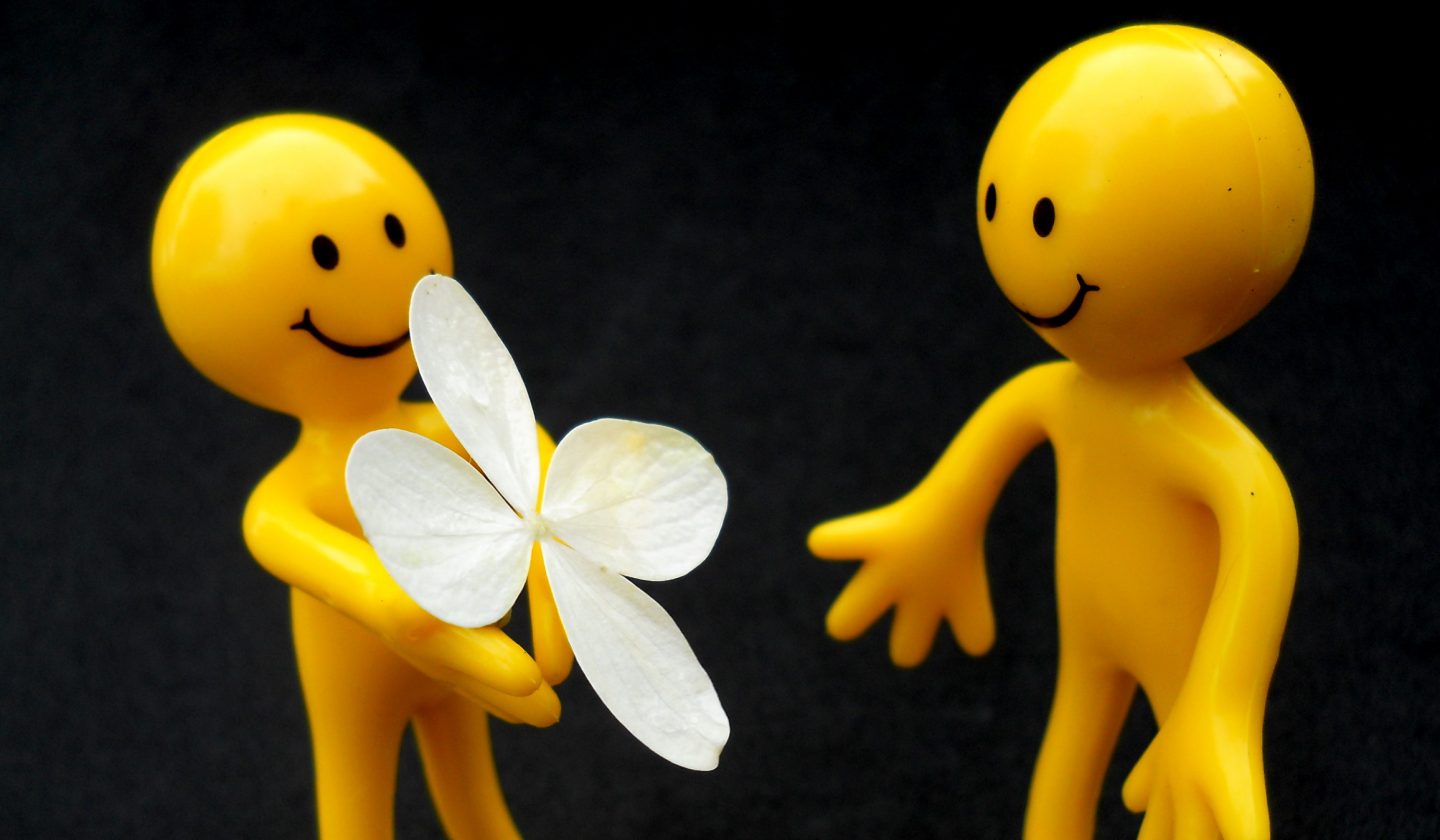
Photo by Kate Ter Haar on Flickr
In 2 Samuel, we see an inspiring story of the kindness of David to Mephibosheth, the crippled son of Jonathan (2 Samuel 9).
It tells me at least three things about the nature of kindness:
1. Kindness is a reflection of God
In 2 Samuel 9:3, David asked: “Is there no one still left in the house of Saul to whom I can show God’s kindness?”
If love is a feeling of goodwill, kindness is the act.
To David, human kindness is but a reflection of God’s kindness.
Isaiah, the Old Testament prophet, speaks of God’s attribute of kindness: “I will tell of the kindnesses of the Lord, the deeds for which he is to be praised, according to all the Lord has done for us – yes, the many good things he has done for the house of Israel, according to his compassion and many kindnesses.” (Isaiah 63:7)
Paul credits the salvation we received in Jesus Christ to nothing less than the “kindness and love of God” (Titus 3:4).
God loves us because God is love (1 John 4:16). Love and kindness are practically interchangeable because “love is kind” (1 Corinthians 13:4) and kindness, like love, is a fruit of the Holy Spirit (Galatians 5:22-23).
If love is a feeling of goodwill, kindness is the act.
2. Kindness is a debt to be paid forward
David assured Mephibosheth: “Don’t be afraid, for I will surely show you kindness for the sake of your father, Jonathan.” (2 Samuel 9:7)
Kindness, as an expression of gratitude, multiplies gratitude, and gratitude continues to manifest in kindness.
David owed much to Jonathan who was his steadfast friend in the face of Saul’s irrational rage driven by his deep-seated insecurity. It was Jonathan who, time and again, saved David from certain death (1 Samuel 18-23). Naturally, David was ever grateful.
Kindness, therefore, is a way of paying back, or “paying it forward”. Kindness, as an expression of gratitude, multiplies gratitude, and gratitude continues to manifest in kindness. Then kindness breeds more kindness and we keep paying kindness forward to another and so on and on it goes.
3. Kindness is a way of life
Kindness should not be something we “start and stop” and perhaps start again. It should be a way of life. In other words, it should be more like a flowing stream of sustainable lifestyle of kindness than a tap which we can turn on and off.
To David, human kindness is but a reflection of God’s kindness.
In 2 Samuel 9:10, we find David giving instructions to his servant, Ziba, to farm the land for Mephibosheth and to bring in the crops so that he would be continuously provided for. I guess part of that was necessitated by Mephibosheth’s crippled condition. But the point is that the kindness of David was not a one-off thing he did for Mephibosheth, it was a sustainable act.
Both the Old and New Testament call us to be kind as a way of life.
Proverbs 14:31 declares that “whoever is kind to the needy honours God”.
1 Timothy 2:24 urges us to “always be kind to everyone.”
These are all very clear expectations of how Christians ought to conduct ourselves.
Kindness is a bridge to God and we are called to love God and our neighbours. How do we love our neighbours when we do not even make an attempt to know who they are, let alone interact with them kindly?
We are called to be kind to all. It is as simple as GST. Make it a point to Greet our neighbours with a Smile and show appreciation with a word of Thanks.
It is time to update the kampung spirit.
Reach out to your neighbours with GST and build a bridge to the love of God.
Extracted with permission from More Pastoral Reflections by Dr William Wan.
Reflection and Discussion
- When were you the recipient of an unkind act? How about a kind act? What was your reaction?
- In true gratitude, kindness begets kindness. Aside from the salvation that God has given you through Christ, what are the mercies of God in your life which speak of His kindness to you?
- Having experienced the kindness of God, consider committing to doing an act of kindness for someone every day.
We are an independent, non-profit organisation that relies on the generosity of our readers, such as yourself, to continue serving the kingdom. Every dollar donated goes directly back into our editorial coverage.
Would you consider partnering with us in our kingdom work by supporting us financially, either as a one-off donation, or a recurring pledge?
Support Salt&Light



